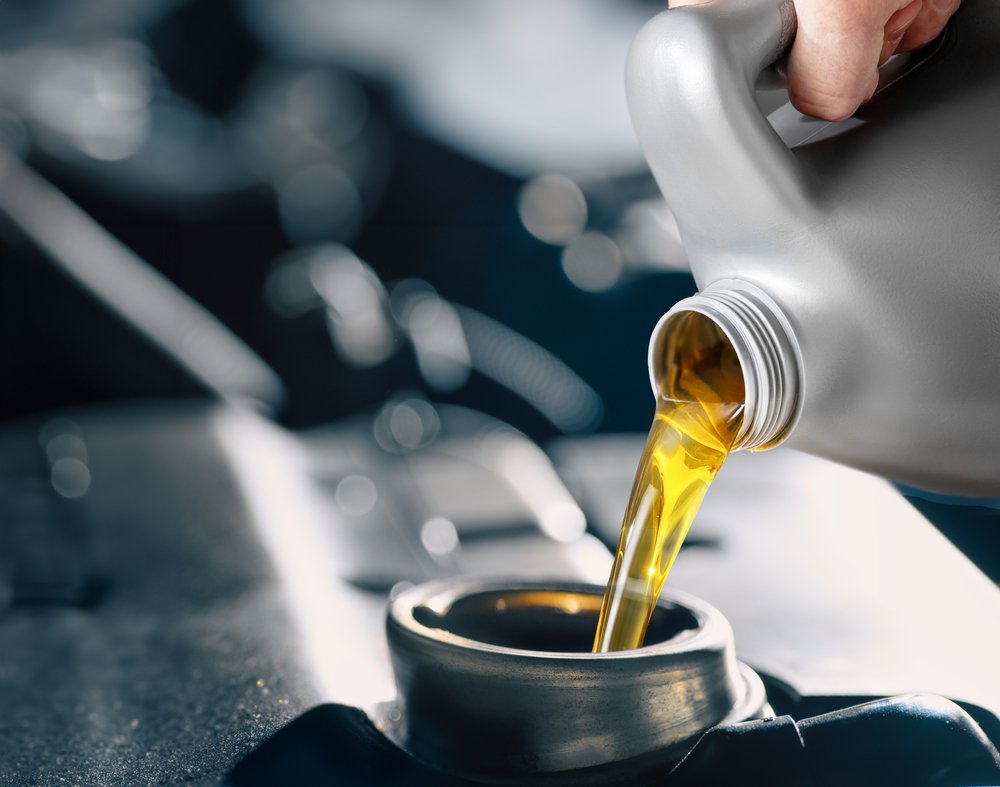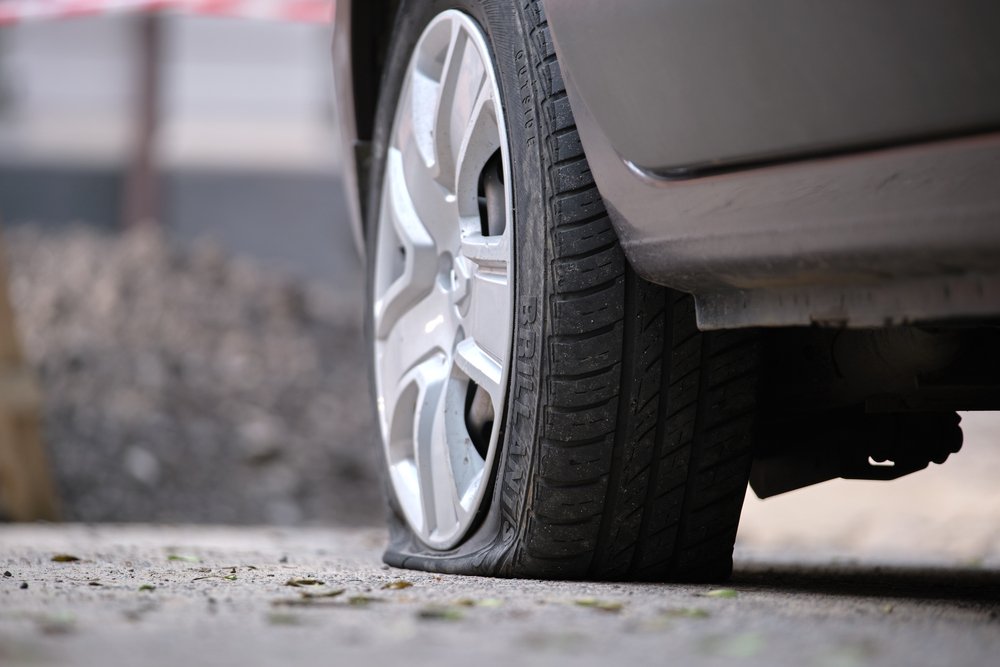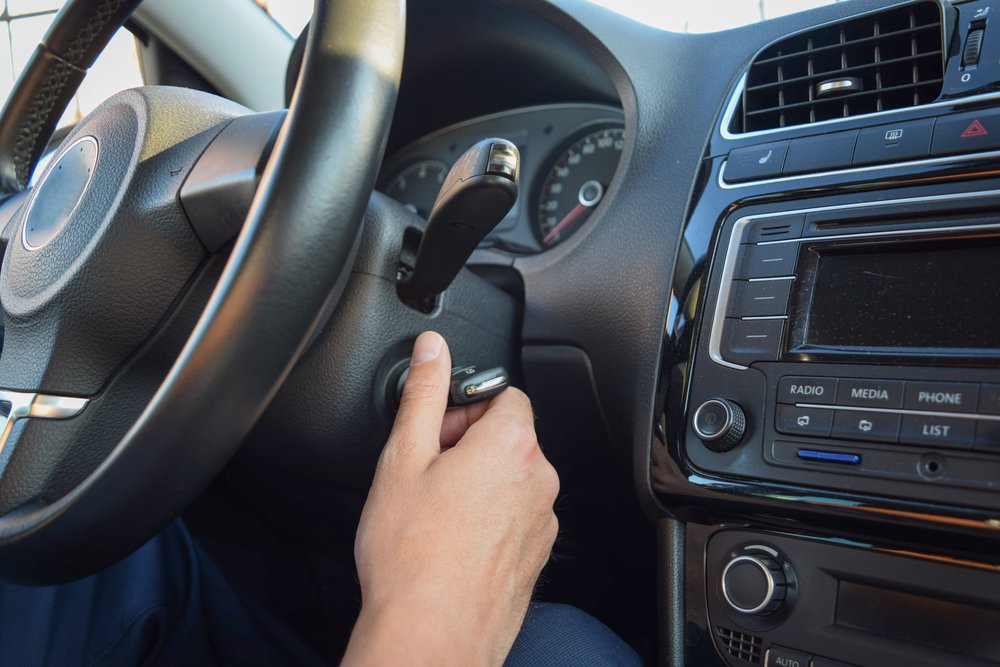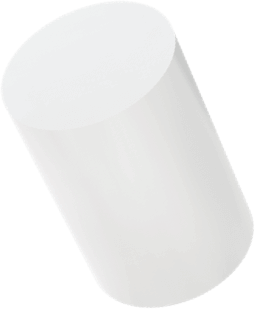Keeping your vehicle running smoothly requires regular maintenance, especially if you’re preparing for any unforeseen circumstances like needing emergency roadside assistance in California. One of the key aspects of car maintenance is checking the essential fluids that ensure your vehicle operates correctly and safely. Here are six crucial car fluids you must check regularly:
1. Engine Oil
Importance
Engine oil is vital as it lubricates the engine’s moving parts, reduces friction, and helps prevent overheating. Consistent oil checks are crucial to ensure your engine runs efficiently and can help avoid situations that might require calling for roadside assistance.
How to Check
To check your oil level, first ensure your car is parked on level ground and the engine is cool. Pull out the dipstick, wipe it clean, reinsert it fully, and pull it out again to check the oil level. The dipstick will show you how much oil is left and whether it’s time to top up.
When to Change
Typically, oil should be changed every 5,000 to 7,500 miles, but this can vary based on your vehicle type and how you drive. Always refer to your owner’s manual for specific recommendations.
2. Coolant (Antifreeze)
Importance
Coolant, or antifreeze, plays an essential role in regulating your engine’s temperature, preventing it from overheating in hot conditions and freezing in cold conditions. Proper coolant levels are essential for any long journey to avoid unnecessary stops and calls to auto insurance providers in California for help.
How to Check
Ensure your engine is cool before checking the coolant level in the reservoir. The reservoir will have minimum and maximum marks to guide you. Also, check the radiator when it’s safe to do so.
When to Add
Top up your coolant if the level is below the minimum mark, and check for leaks as they can lead to serious engine damage. Be aware of the coolant type your vehicle requires, which is detailed in the owner’s manual.
3. Brake Fluid
Importance
Brake fluid is critical as it helps transmit pressure to the braking system, allowing your vehicle to stop efficiently. Low or old brake fluid can compromise brake performance, which is a critical safety concern.
How to Check
You can find the brake fluid reservoir in your engine bay. Check the fluid level against the markings on the side of the reservoir.
When to Have It Changed
Change your brake fluid as recommended by your vehicle’s manufacturer, usually every two years. Always ensure that a professional inspects your brakes regularly, as part of comprehensive car insurance maintenance.
4. Power Steering Fluid
Importance
Power steering fluid is crucial for smooth steering. Without it, steering can become hard and unsafe.
How to Check
Check the level by locating the reservoir, often labeled, and check the level against the markers.
When to Add
Add more fluid if the level is low and check for signs of leaks, as these can lead to bigger issues down the road.
5. Transmission Fluid
Importance
Transmission fluid ensures your transmission system remains lubricated, which is crucial for smooth gear shifts and general transmission health.
How to Check
For most vehicles, check the transmission fluid with the car in neutral or park and the engine running. Look for quality as well as quantity; the fluid should be a bright red color and not smell burnt.
When to Have It Changed
Change your transmission fluid approximately every 30,000 to 60,000 miles, but check your vehicle’s manual for specifics.
6. Windshield Washer Fluid
Importance
Maintaining a full reservoir of windshield washer fluid is key for good visibility, especially during adverse weather conditions.
How to Check
This is straightforward; just open the reservoir and make sure it’s full.
When to Add
Top up as needed. Keeping your windshield clear is essential for safety and to prevent potential hazards on the road, which might call for AAA California roadside assistance.
Maintaining Vehicle Fluids Enhances Safety and Efficiency
Regular maintenance of your vehicle’s essential fluids is more than just a preventative measure; it’s a necessary practice that enhances the longevity and efficiency of your car. By keeping an eye on these crucial fluids, you ensure your vehicle remains in optimal condition and safeguard your mobility and security on the road.
Furthermore, maintaining your vehicle well aligns with the stipulations of most car insurance policies in California, potentially helping you avoid claims related to preventable malfunctions. Always remember, a well-maintained car is less likely to fail you when you need it most, whether it’s during a daily commute or in an emergency.
Ready for peace of mind on the road? Contact Pronto Insurance today to get a quote for our comprehensive roadside assistance plans.












